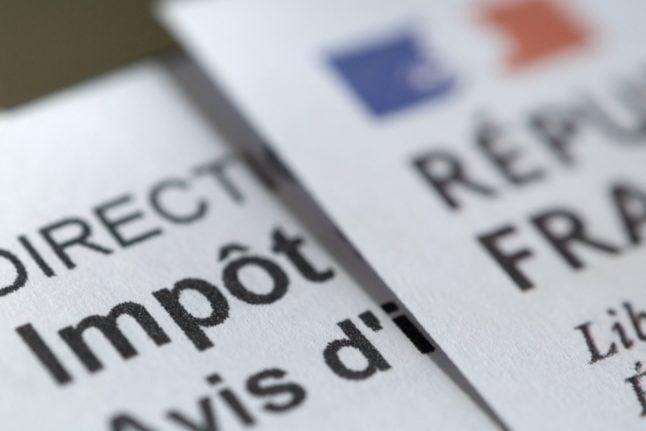The French energy regulatory commission (commission de régulation de l’énergie, CRE) had planned to re-evaluate electricity prices for the regulated (flat-rate) tariff plan in August 2024, but this has been postponed to February 2025, according to French daily SudOuest.
The revaluation in February will take into consideration the rise of transmission costs, as well as a predicted decrease in electricity prices, CRE announced on Wednesday.
As a result, the higher transmission costs are expected to be offset by decreased electricity prices, leading what CRE predicts will be a 10 percent total decrease in bills for those on the regulated electricity tariff plan.
What does this mean for household bills?
This change will affect people who are on the ‘regulated rate’ plan, also called the tarif bleu. According to SudOuest, there are 22.4 million of these contracts, including both households and small businesses.
According to Ouest France, this means that for the average French household – who sees annual electricity bills of €2,000 – they would save at least €200.
There are other types of electricity contracts in France who are not included in this change – for example, the peak hours contract, which differs from the flat-rate because it offers a lower price per kilowatt during off-peak hours, and a more expensive one during peak hours.
The 17.5 million contracts (which include households and businesses) that are not on the regulated tariff plan will see an increase in transmission prices from November 1st.
Why the delay?
The revaluation was initially planned for August, but it was pushed back to February at the behest of the French government, SudOuest reported.
The French government, who was at the time concerned with an ongoing political crisis after snap parliamentary elections, was reportedly concerned that swinging prices would be confusing for consumers.
In 2021-2022, amid inflation, post-Covid recovery and the war in Ukraine, electricity prices soared by more than 43 percent, despite a price shield the government put into place.
Therefore, the French government asked that CRE make a decision that “takes into account their recommendations for stability”.
CRE thus decided that they would put the annual transmission update into force on November 1st, but “in the interest of price stability and clarity” they promised to postpone the increase for households and very small businesses on regulated tarif plans until February, when the fall in electricity prices is expected to occur.
How is the electricity price calculated?
In France, in addition to the type of plan you have, the final price of electricity depends on three components – transmission costs (or the tarif réseau), the price of the electricity itself (which includes marketing costs, the supplier margin and energy supply costs), and the tax applied.
As for the February revaluation, it is the tarif réseau component that will increase by one percent from February 1st, but the CRE believes this will be absorbed in an overall decline in the price of electricity, leading to 10 percent drop in flat-rate bills.
The price of electricity still remains higher than pre-2021, when the cost was between €40-50 per megawatt hour (MWh).
Prices are currently stabilising around €60-70 per MWh, which is far lower than peaks seen in 2022.



 Please whitelist us to continue reading.
Please whitelist us to continue reading.
Member comments